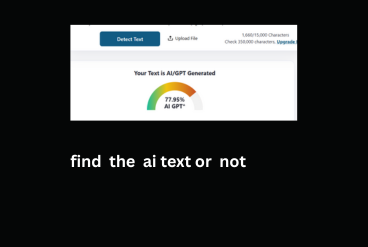Here are some key headings in bold with added Wikipedia-style links for your blog section on AI vs Human Intelligence:
Human Intelligence vs Artificial Intelligence: A 2025 Perspective
Artificial Intelligence (AI) and Human Intelligence (Human intellect) differ fundamentally in their nature, strengths, and limitations.
Comparing Capabilities
| Capability | Artificial Intelligence | Human Intelligence |
|---|---|---|
| Processing Speed | Processes massive datasets rapidly | Slower, limited by biological factors |
| Memory Capacity | Nearly unlimited, instant recall | Limited but context-aware |
| Learning | Learns from data and patterns | Learns from diverse experiences |
| Creativity | Generates based on learned patterns, limited original ideas | Unique, abstract, and innovative |
| Emotional Intelligence | Lacks genuine emotions and empathy | Strong emotional awareness and empathy |
| Adaptability | Limited to trained data, requires retraining | Highly adaptable to new and unforeseen situations |
| Ethical Judgment | Follows pre-programmed guidelines | Makes complex moral and ethical decisions |
| Fatigue | Works continuously without breaks | Requires rest, subject to fatigue |
Strengths of AI in 2025
AI excels in processing big data, automating repetitive tasks, and pattern recognition across industries like healthcare, finance, and manufacturing. For more, see Applications of artificial intelligence.
Human Strengths AI Cannot Replicate
Humans lead in creativity, emotional intelligence, intuition, and ethical reasoning, aspects covered under Human creativity and Emotional intelligence.
Collaboration for the Future
The optimal future prioritizes Human–computer interaction where AI augments human decision-making, improving outcomes beyond what either could achieve alone.


